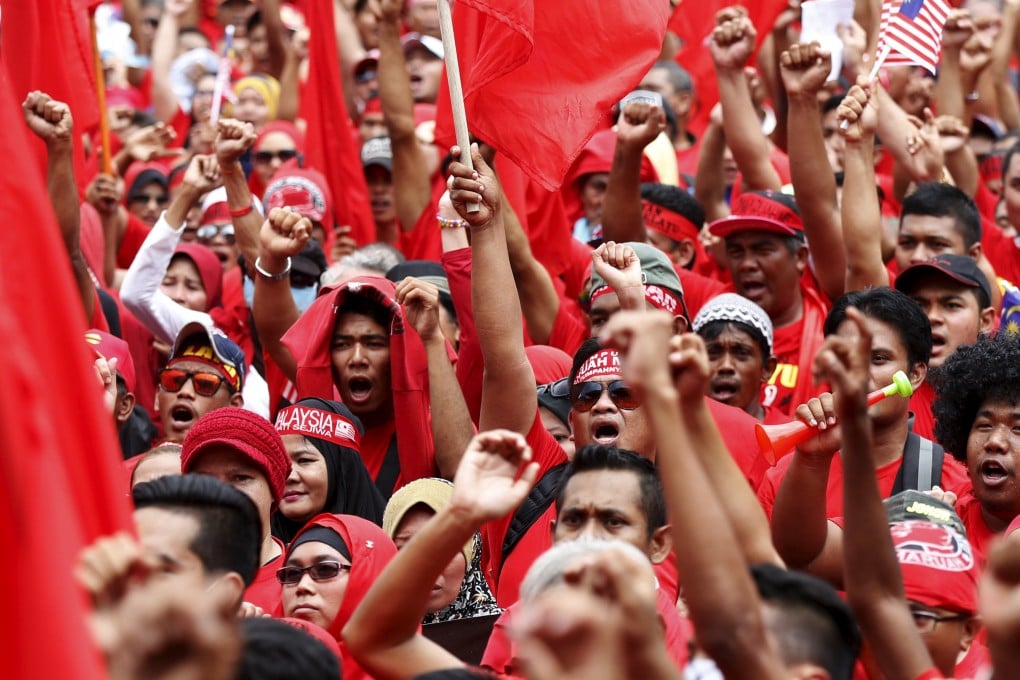How ethnic identity can be hijacked for politics
Danny Chan says though Hong Kong is largely free of ethnic frictions, despite its colonial past, we must be aware of the fault lines that exist

Ethnicity has always been a precarious concept. On the surface, it is the basis for imagining identity and culture through similarities and differences in language, food and fashion. Sometimes what we say and eat can be emblematic of a community, especially in a globalised world in which tourism is booming.
However, ethnicity is powerful not just in the way it brands a community or nation, but also in its ability to influence social upheaval.
Post-colonial Asia offers many examples. When ethnicity is manipulated for political purposes, we usually end up with scapegoating.
In this place where 'East meets West', this 'Asia's world city', the issue of ethnic integration in the community is rarely addressed
In times of peace, ethnic diversity is celebrated. During upheavals, however, ethnicity can easily become a lightning rod for people's frustrations, and pit one community against another.